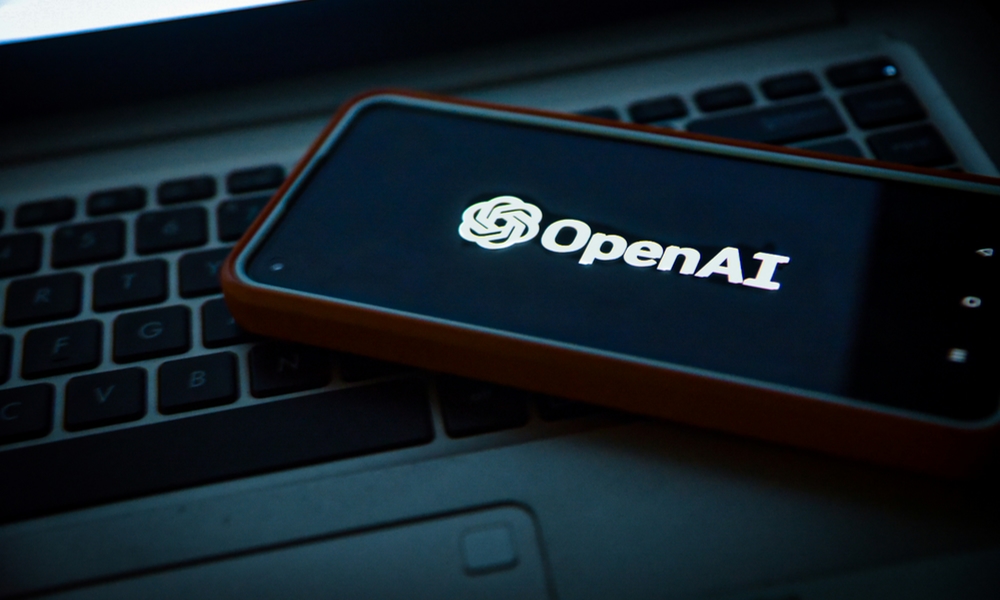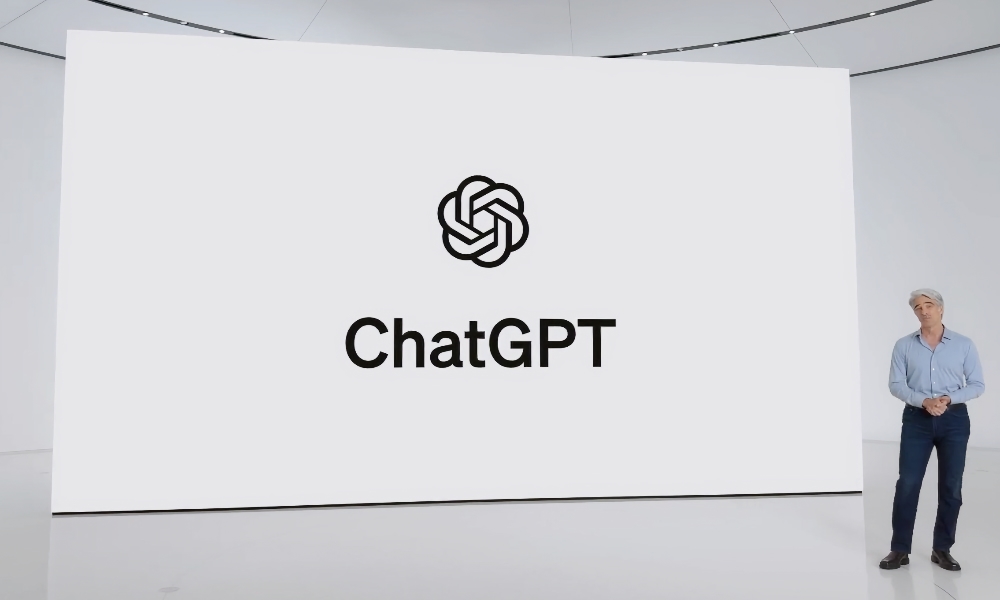Apple Declines to Participate in OpenAI’s $6.5 Billion Fundraising Round
 Credit: Levart_Photographer / Unsplash
Credit: Levart_Photographer / Unsplash
Toggle Dark Mode
Despite OpenAI’s ChatGPT tool soon being intertwined with hundreds of millions of Apple devices through a partnership between the two companies, Apple reportedly withdrew from participating in OpenAI’s enormous $6.5 billion fundraising round. The round could value OpenAI at an eye-popping $150 billion valuation. While that figure alone could give any potential investor pause, there may be other reasons Apple decided to sit this one out.
OpenAI No Longer Wants to Be Controlled by a Non-Profit
One reason Apple may have had reservations about investing in OpenAI is its confusing corporate structure and plans to reorganize. OpenAI Inc. is a non-profit 501(c)(3). By law, non-profits are required to stick to their charitable purpose. For OpenAI, this purpose was to prevent potentially dangerous artificial general intelligence (AGI) from being controlled by powerful corporate entities, and to instead use AGI for the benefit of all and avoiding any uses that harm humanity.
OpenAI Inc. (the non-profit) acts as the controlling entity for OpenAI LP (limited partnership), which operates as the for-profit arm responsible for developing and commercializing products. OpenAI Inc. (non-profit) is the majority owner, but there are other investors, too, like Microsoft. Now, there are about to be more. OpenAI LP operates under a “capped-profit” model meaning employees and investors can earn a return, but it’s capped at 100x their investment. Ostensibly, model exists to ensure excessive profits don’t override the broader mission.
Now, it’s looking like OpenAI wants restructure its non-profit status (aka, leave it behind). This would mean OpenAI Inc., the non-profit, no longer controls the actions of OpenAI LP and becomes a minority rather than a majority shareholder. This is a confusing legal and financial issue. It’s logical in the sense that it’s necessary to attract the investment resources to grow. On the flip side, it’s controversial given the company’s founding mission and how the risk of AGI will be managed in the future.
Any restructuring will surely come under fire from many directions. It already has. Robert Weissman, Co-President of Citizen.org, recently addressed his concerns in an open letter to the California Attorney General. Weissman argued that if the non-profit no longer exists, its assets must be disbursed and devoted to charitable purposes. Weissman further expressed concern for the need to value the non-profit’s current assets, accounting for the removal of the capped-profit structure in this value, and developing external controls over the governance of AGI. For the purpose of monitoring and control, Weissman argued OpenAI should be required to fund an independent expert board to report to the California Attorney General on the state of AGI.
This is sure to be an interesting fight for control over the future of AGI. Given the likely criticism and potential public backlash, perhaps it was wise for Apple to stay at arm’s length. Nvidia, Thrive Capital, Microsoft, Tiger Global Management, SoftBank, Khosla Ventures, and United Arab Emirates-backed MGX are along for the ride.









